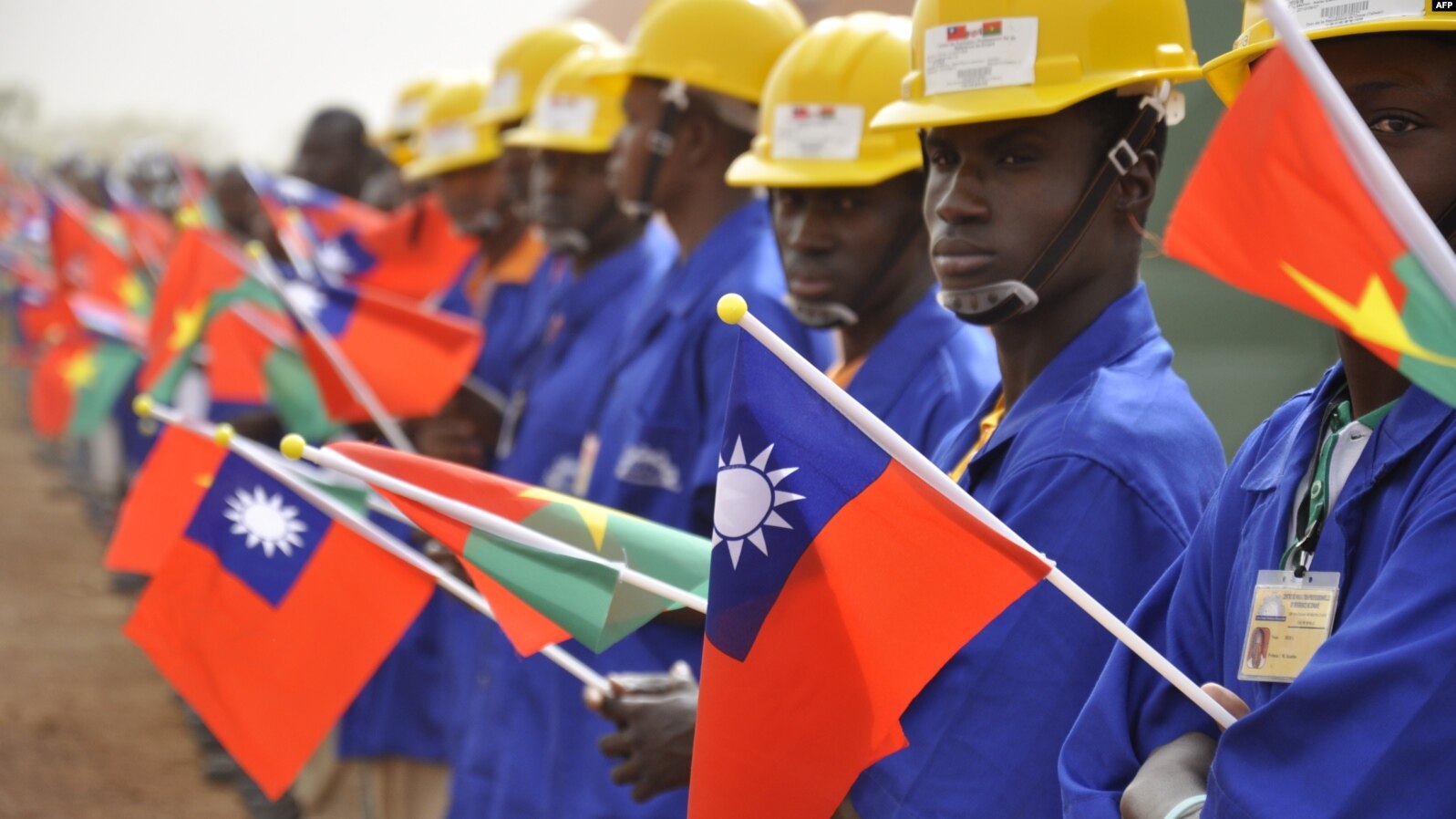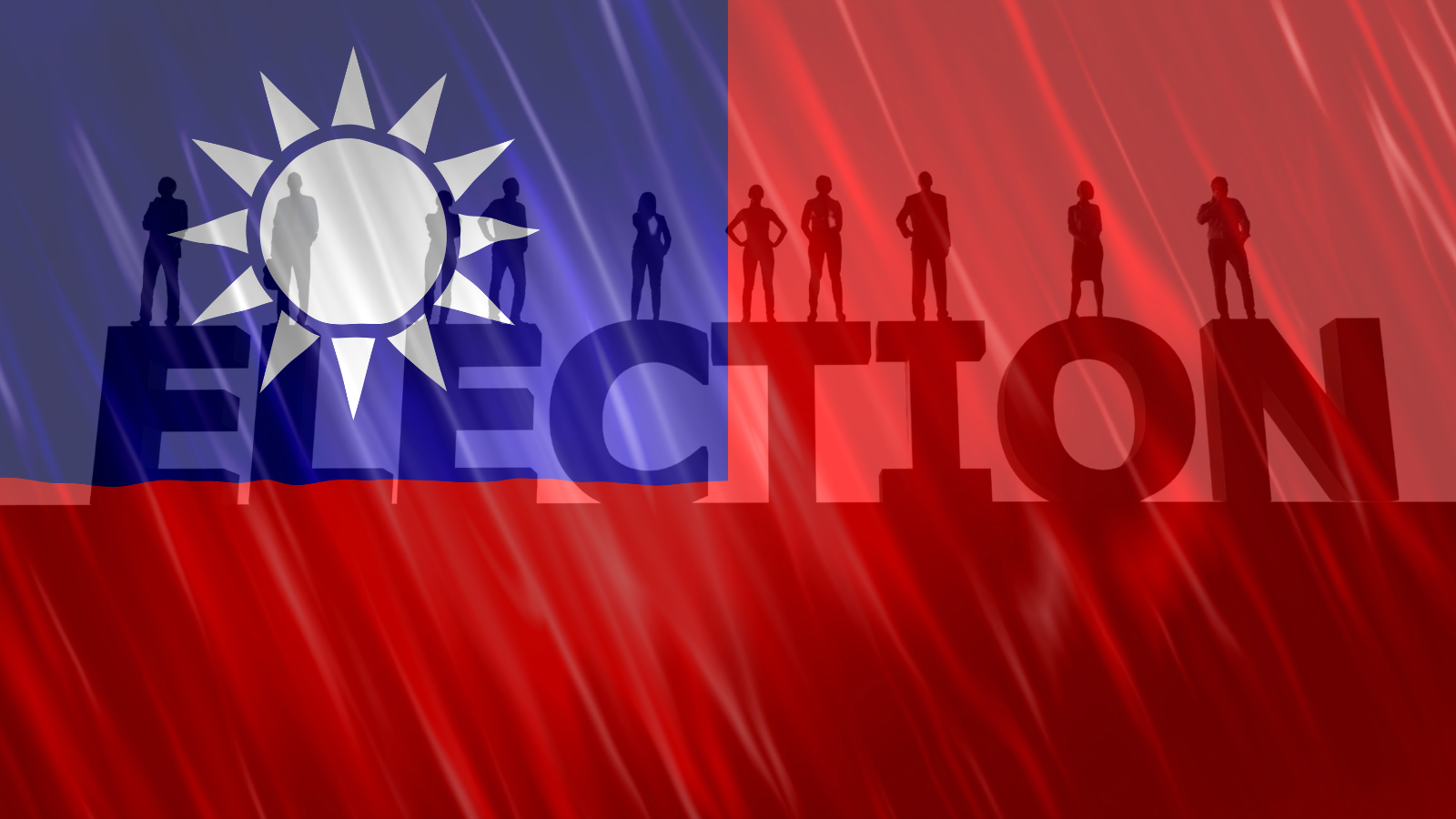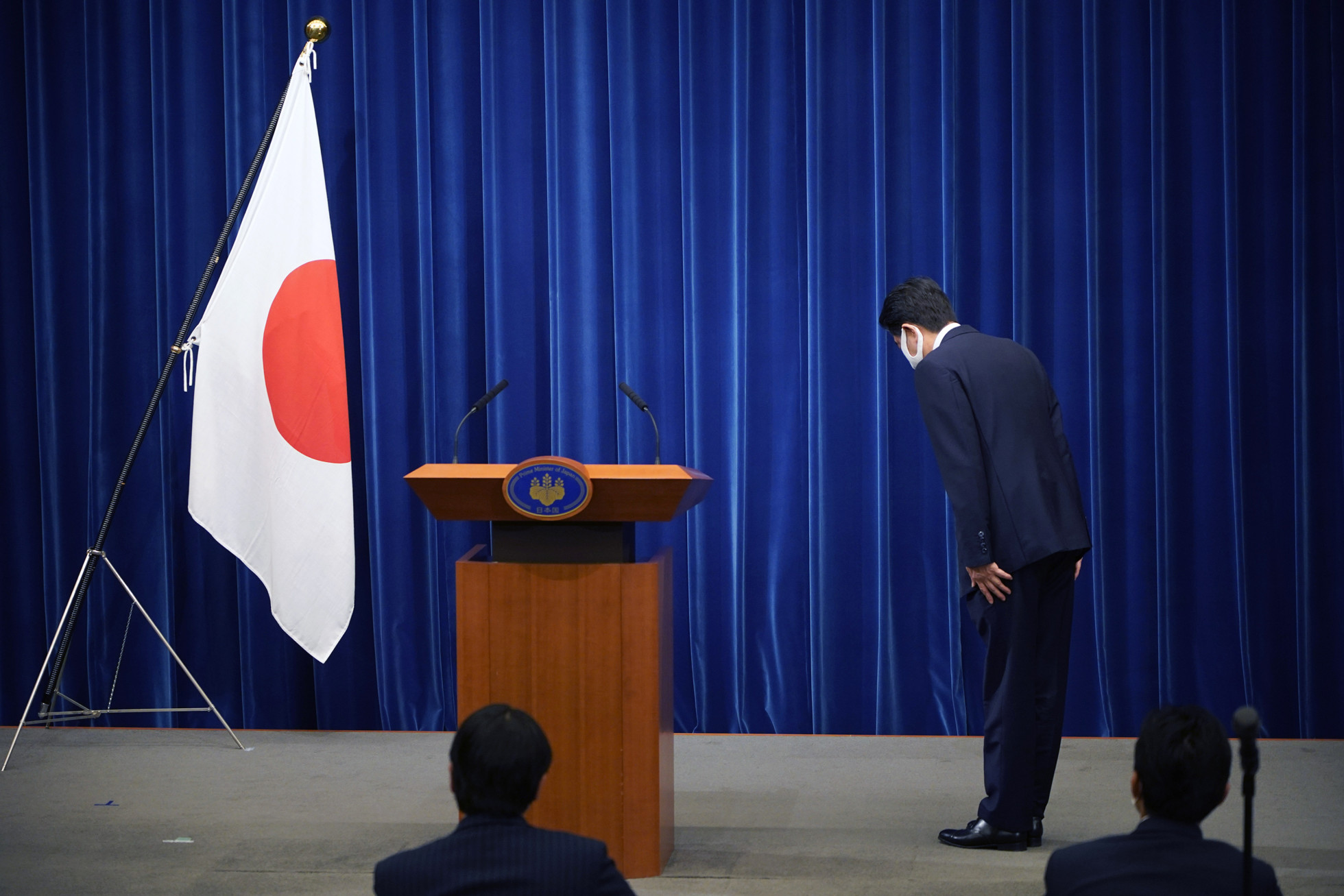Taiwan did not always have such a limited presence in Africa as it does now. Altogether, 30 African countries at one time or another maintained formal relations with Taiwan, but today it is a politically-marginalized actor with a minuscule presence, mostly confined to the pursuit of economic interests.
Taiwan’s official relations with the continent began in 1949, shortly after the Nationalists were driven out of mainland China by the Communists during the Chinese Civil War. Altogether, 30 African countries at one time or another maintained formal relations with Taiwan, but today it is a politically-marginalized actor with a minuscule presence, mostly confined to the pursuit of economic interests. Taiwan’s competitive advantage vis-à-vis China – a powerful economy that could use its economic might to woo poor African countries – waned in the 21st century as China’s economic power continued to grow. China’s economic might has now given it tremendous power through its multibillion-dollar investments in trade and development. This has attracted scores of African countries which established relations with China. Only Eswatini (formerly known as Swaziland) formally recognizes Taiwan. Taiwan has essentially lost its diplomatic battle with China in Africa and has to look for alternative sources of legitimacy in the 21st century.
Competing for UN support during the Cold War
During the 1950s and 1960s, many countries on the African continent gained independence and were courted by both China (PRC) and Taiwan (ROC). Both asserted themselves as the sole legitimate representative of China and used diplomatic allies in Africa to support their individual claims, which were mutually exclusive, making diplomatic recognition a zero-sum game. Directly after 1949, several countries had no relations with either side, as they were waiting for a final settlement.
Taiwan first made a connection with South Africa, then one of three independent African countries. South Africa was staunchly anti-communist and strongly opposed to the PRC’s admission to the UN. Between 1960 and 1963, Taiwan received recognition from 13 of 23 African countries, while China only did so from five (the Central African Republic, Ethiopia, Côte d’Ivoire, Niger, and Sierra Leone), while five recognized neither. Cold War rationales initially benefited Taiwan; newly independent countries, such as Zaire, were suspicious of communism and moved to recognize Taiwan.
The ROC’s strategy emphasized providing agriculture and technical training and assistance to newly independent countries. The first technical cooperation agreement was signed with Liberia in 1960 and, in the following years, Taiwan sent agricultural teams to provide technical training in several African countries. These countries were impressed by the increased output of rice production in Libya and the miracle of rice cultivation in the Libyan desert, and they hoped to reach food sufficiency through the Taiwanese technical assistance.
From the outset, Taipei’s pursuit of economic diplomacy was stimulated by self-interest: seeking to isolate Beijing and gain support at the UN. Taipei initiated economic diplomacy – with a whole range of economic instruments, including trade, aid, and investment – despite its own reliance on US aid. Taiwan’s aid and technical assistance helped increase the number of allies in Africa from one (Egypt) in 1955 to 22 in 1969, and the number of African states voting for the ROC at the UN rose from three in 1955 to 21 (the most ever) in 1969, and 15 in the fateful October of 1971. That year, a resolution was passed to recognize the PRC as the representative of China at the UN, with that removing the ROC from the UN.
After 1960, the number of UN members increased with the admission of other countries that had gained independence. This resulted in a decline in Western influence, with the regional powers having until then dominated the UN, and the gradual desire of several members to renegotiate the issue of Chinese representation. Beijing achieved this, in part, with its so-called “banquet diplomacy” of inviting prominent representatives of Western and African countries to visit the PRC. Conversely, China also sent representatives to visit other countries. In 1971 alone, 290 delegations from 80 countries were invited to the PRC, while 70 Chinese delegations visited 40 countries. That year, the PRC finally managed to gain admission to the UN as the legitimate representative of China, including with the help of African votes.
At that time, the African continent was roughly evenly split: Taiwan was recognized by 20 countries, while China by 22. However, the PRC’s endeavor to marginalize Taiwan on the international stage, coupled with the US switching recognition in 1979 from the ROC to the PRC, led many countries to follow suit. Between 1971 and 1979, 46 states came to recognize the PRC instead of the ROC, and only five out of all 50 African countries recognized the ROC by 1979. Taiwan not only lost its UN seat, it also found itself abandoned diplomatically.
In the 1980s, after Taiwan had lost most of its African allies, the country scaled down its technical assistance program to Africa and shifted its economic assistance to Latin America, where many of its diplomatic allies were located.
Pragmatic diplomacy following the Cold War
In the late 1980s, President Lee Teng-hui declared a new direction for Taiwan’s diplomacy, a so-called “pragmatic diplomacy” that emphasized consolidation of existing diplomatic ties and winning new allies through economic cooperation, development of substantive ties with China’s allies, and participation in intergovernmental organizations. The China External Trade Development Council (later renamed the Taiwan External Trade Development Council, TAITRA) was established in the 1970s. It promoted Taiwan’s foreign aid and also acted as the Ministry of Foreign Affairs’ front for sensitive diplomatic communication with China’s allies. In the late 1980s, a new fund – the International Economic Cooperation Development Fund (later renamed to International Cooperation and Development Fund, or ICDF) – was established to promote a more comprehensive cooperation with partner countries and allocate aid and economic assistance to allies.
After the Tiananmen massacre in 1989, China was criticized and isolated by most countries on the international stage. Its main focus became regaining respectability, and thus it was less effective in obstructing Taiwanese diplomatic activities. In 1989 and 1990, Taiwan used its economic might to increase its presence in Africa and elsewhere. In exchange for millions of dollars in soft loans, it managed to woo seven new allies, four of which were in Africa: Liberia, Lesotho, Guinea-Bissau, and the Central African Republic.
After the end of the Cold War, the ideological rationale (anti-communism) for diplomatic recognition became obsolete, as did the rationale for many countries to maintain relations with Taiwan. Countries started switching support without any clear ideological or political rationale. Moreover, Beijing’s position was always, and remains, to unconditionally sever relations with any state that establishes diplomatic relations with the ROC. A major foreign objective for China in Africa was and still is the “One China” principle, a fundamental exception to China’s “no-strings attached policy”. With that, diplomatic recognition has become an easily politicized dynamic in African politics, and African ruling elites have learned to play Beijing against Taipei. For example, Senegal, Liberia, and the Central African Republic switched recognition five times since originally forging ties with Taiwan in 1962, and there are another six countries that switched three times. Liberia is one of the few nations that established ties with both the PRC and the ROC at the same time.Between 1993 and 1997, both Beijing and Taipei ran embassies in Liberia. In 1997, however, Monrovia proclaimed that it would recognize “two Chinas” and the PRC subsequently severed diplomatic relations. And, then, there is the peculiar case of Gambia, which in 2013 unilaterally broke relations with Taiwan although it has subsequently not courted China for recognition.
The practice of providing financial assistance in exchange for diplomatic recognition was termed “dollar diplomacy” and was adopted by both Taiwan and China, being particularly acute during times of cross-strait tensions, such as the 1995-1996 Taiwan Strait Crisis. Throughout this period, five countries severed ties with China to the detriment of Taiwan: Burkina Faso, Gambia, Senegal, Sao Tome e Principe, and Chad. During the same period, China managed to attract four countries: Lesotho (1994), Niger (1996), the Central African Republic (1998), and Guinea-Bissau (1998).
As Taiwan was losing allies, China was gaining allies. How did China further its influence in Africa? Two important arguments attracted newly-independent countries. The first is that both China and Africa were victims of western colonialism, therefore they shared the same bitter history of western imperialism. This argument of common colonial history is part of what has led African countries to vote in favor of China taking over the UN seat and expelling Taiwan. The second argument is the necessity of creating a unified non-aligned movement that would neither lean towards the west nor the east. However, in the 1990s, after China undertook reforms and experienced double-digit GDP growth, ideological motives made way for economic ones. Beijing used its economic might to woo Taiwan’s most significant allies – Saudi Arabia, South Korea, and South Africa – leaving Taiwan with a group of small and impoverished states.
Finding alternatives in the 21st century
The beginning of the 21st century coincided with a major political event in Taiwan: Chen Shui-bian of the Democratic Progressive Party won the 2000 presidential election. This was the first time that power had been transferred from the ruling party to the opposition in Taiwan, and it had happened in a peaceful way. It ended the half century dominance of the Kuomintang in Taiwan. The new president sought to assert the country’s position on the world stage and, after taking office, undertook state visits to diplomatic allies in Africa and Central America to strengthen relations.
However, this diplomatic endeavor didn’t prevent its African allies from switching to China for economic and development reasons. Liberia (in 2003), the Gambia (2013), and Burkina Faso (2018) switched to China within a few years of democratizing. Chad (2006) and Malawi (2008) switched to China within a year after elections that saw declining performances by incumbent leaders. Senegal changed in the midst of economic growth, when it received an invitation by China to attend the Forum on China-Africa Cooperation (FOCAC) summit of 2006. At the time, it still recognized Taiwan. After the switch, the country’s China-bound exports grew quite substantially and the nation gained interest-free loans from China. Sao Tome e Principe also moved to recognize China (2016) after its request for financial support was rejected.Even before that, though, the tiny archipelago was more economically dependent on China than Taiwan.
China sees Africa as an important source of natural resources and a potential market for Chinese businesses. Its soft power and active foreign policy have also helped win over many countries on the continent. For example, China has joined peace keeping missions throughout Africa, supported UN reforms that would grant an African country a permanent seat on the Security Council, in 2000 created a platform for meeting and discussions between African leaders and China – the Forum of China-Africa Cooperation (FOCAC) – and in 2007 created China-Africa Development fund.
After the second democratic transfer of power in Taiwan in 2008, when the Kuomintang won the elections, relations between China and Taiwan warmed and a tacit diplomatic truce between the two was agreed upon. Under this, both Taiwan and China agreed to not pursue formal relations with states that recognized the other, thus preventing countries from essentially offering diplomatic recognition to the highest bidder.In 2009, for instance, Panama attempted to ditch Taiwan and extend recognition to China, but this was met with China’s refusal because it did not want to antagonize Taiwanese President Ma Ying-jeou, who was working on improving cross-strait relations. Something similar occurred after the Gambia severed ties with Taiwan and moved to recognize China. As expected, China did not recognize the Gambia in 2013 when it cut ties with Taiwan because of the diplomatic truce with the Ma administration. However, when the DPP returned to power in 2016, China immediately established relation with the Gambia.
The 21st century has, so far, been characterized by Taiwan’s dwindling presence in Africa, due to China’s economic power and the impressive work it has done by lifting millions out of poverty, thus presenting an attractive model for the continent. Today, China has 54 allies out of 55 countries in Africa. Only one country still recognizes Taiwan.
To resolve the issue of its dwindling presence on the international stage in general and Africa in particular, Taiwan had to settle for a different strategy: establishing unofficial bilateral links. According to the Global Diplomacy Index, in 2021 Taiwan had 110 postings around the world, both embassy level (with diplomatic allies) and representative offices (in states with which it does not have official diplomatic ties). In Africa, besides the embassy in Eswatini, Taiwan has only three representative offices, in South Africa, Somaliland, and Nigeria.
Building multiple channels of contact has been the strategy adopted by Taiwan to expand its foreign relations. In this vein, Taiwan has several initiatives going on in Africa. TAITRA currently has five offices on the continent, in Egypt, Kenya, South Africa, Nigeria and Algeria. Furthermore, the Africa Taiwan Economic Forum,a platform founded in 2003 and jointly held by African embassies and trade offices in Taiwan and the Ministry of Foreign Affairs, was established to solve the issue of trade imbalances between Taiwan and Africa. It aims to inform potential Taiwanese investors in Africa, and also promote intercultural communication and tourism between Taiwan and African nations.
However, not one African country features in the list of the top 10 trading partners of Taiwan. In contrast, China is Africa’s biggest trading partner, with a trade worth US$200 billion per year. In addition, more than 10,000 Chinese-owned firms are doing business on the continent. The clear contrast between these two sets of figures explains why most countries in Africa moved towards China. Moreover, Africa was always of more symbolic value to Taiwan, as a potential support base for its foreign policy objectives, such as its bids to join the UN, the WTO, and other organizations.
The full version of this article has been published under the title How Taiwan Lost Africa and What The Future Holds for Its Last Remaining Alliance with Eswatini in Africa-China-Taiwan Relations 1949-2020, Lexington Books, edited by Sabella Abide.
Cover photo: VOA







